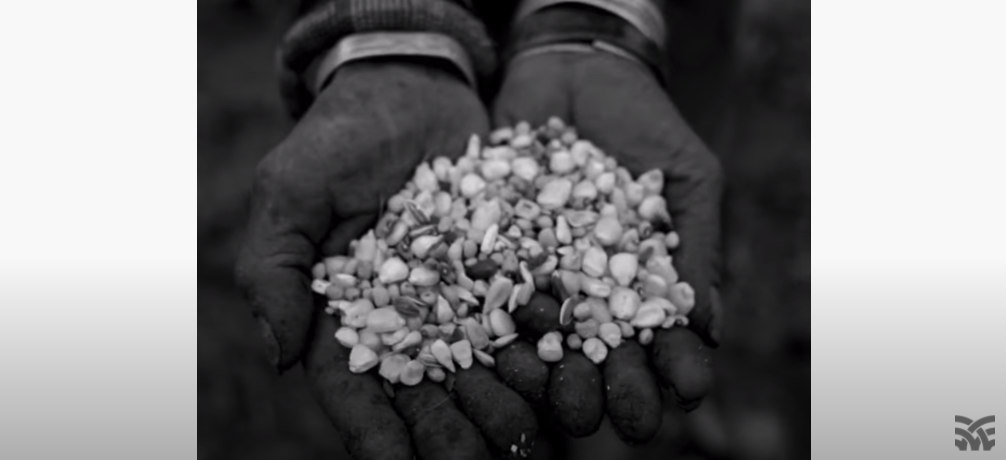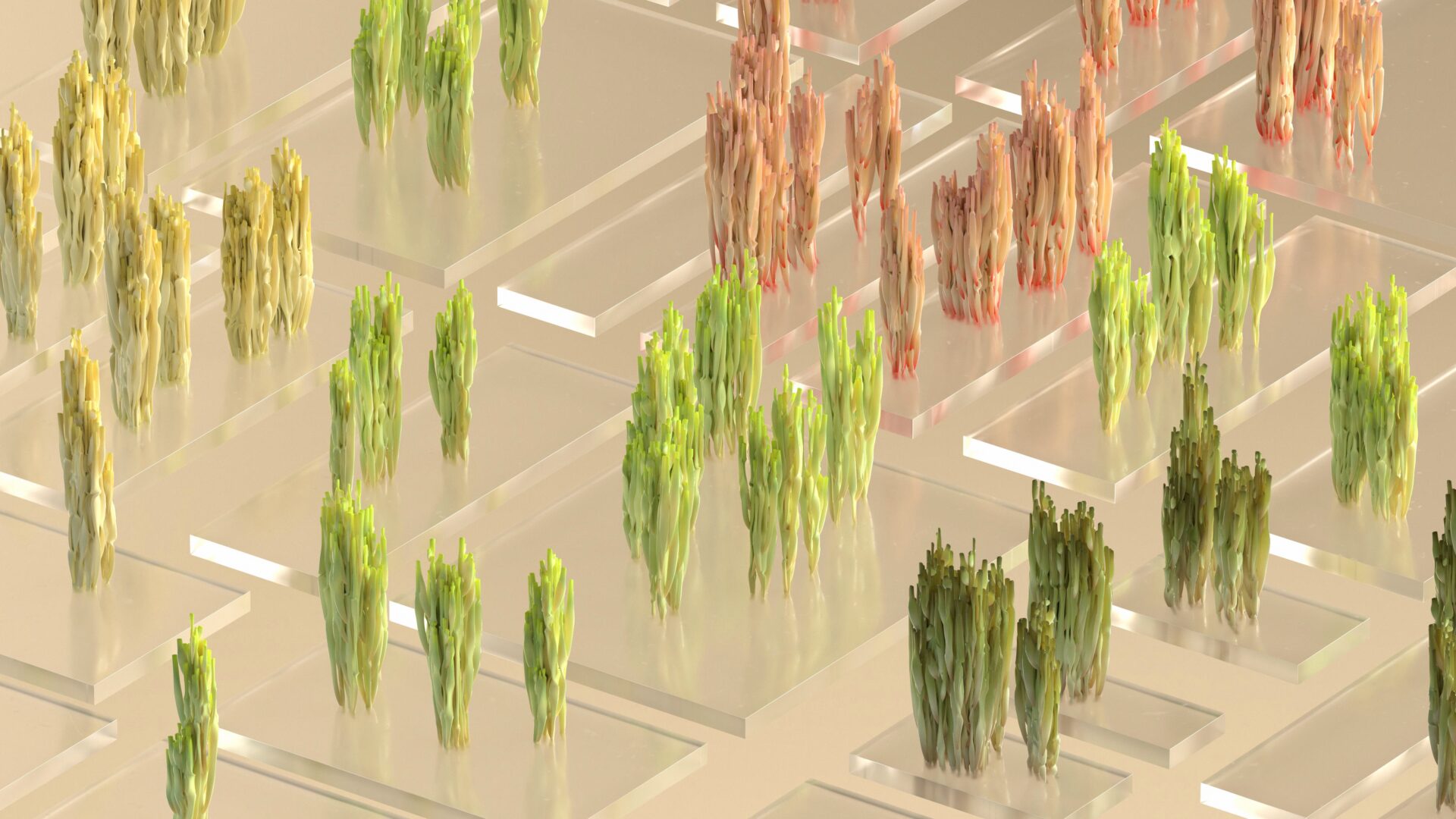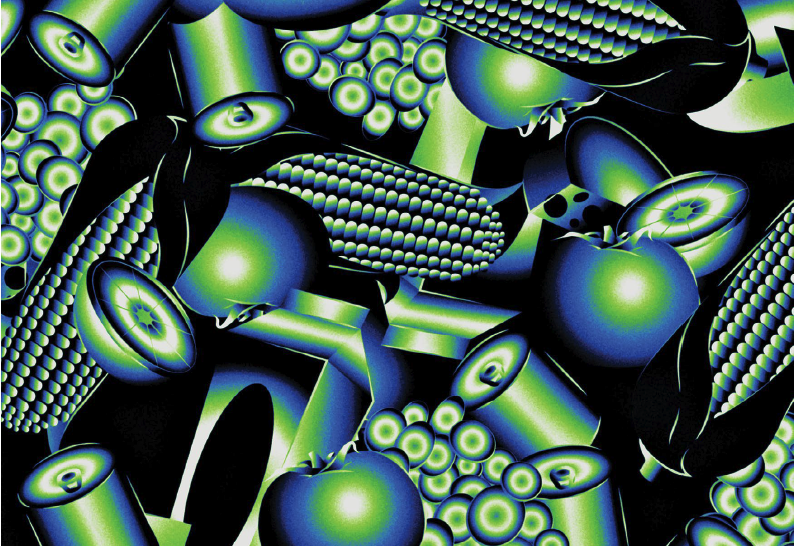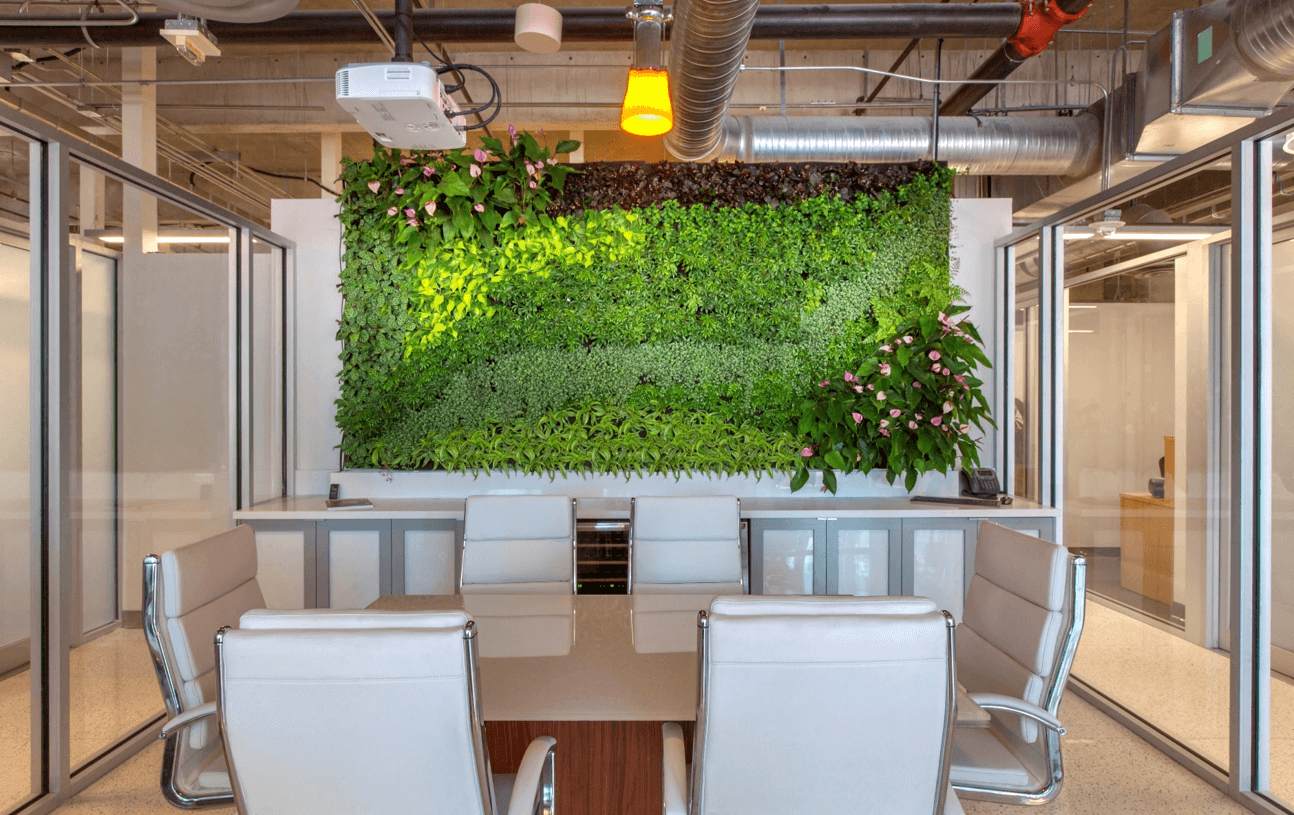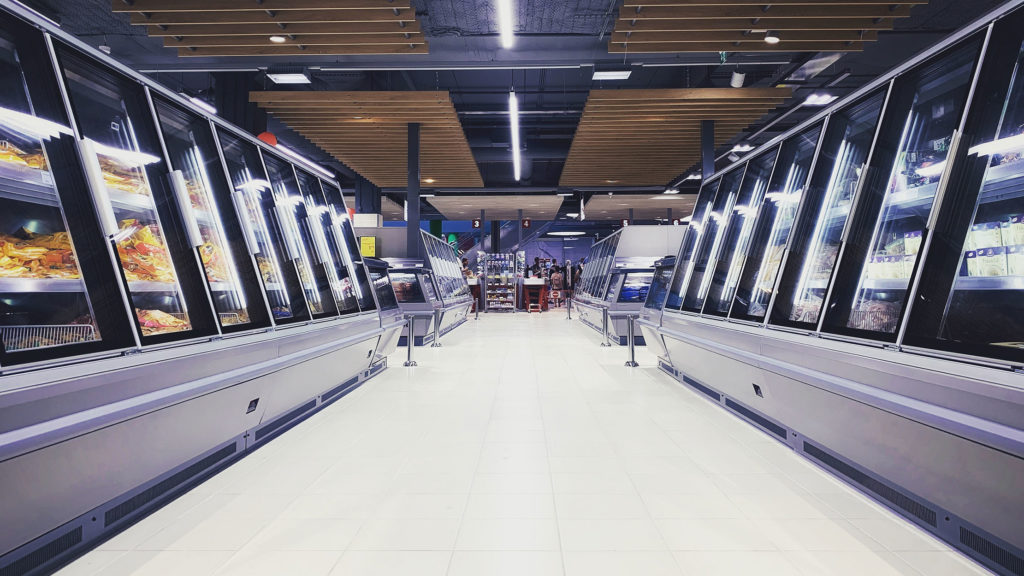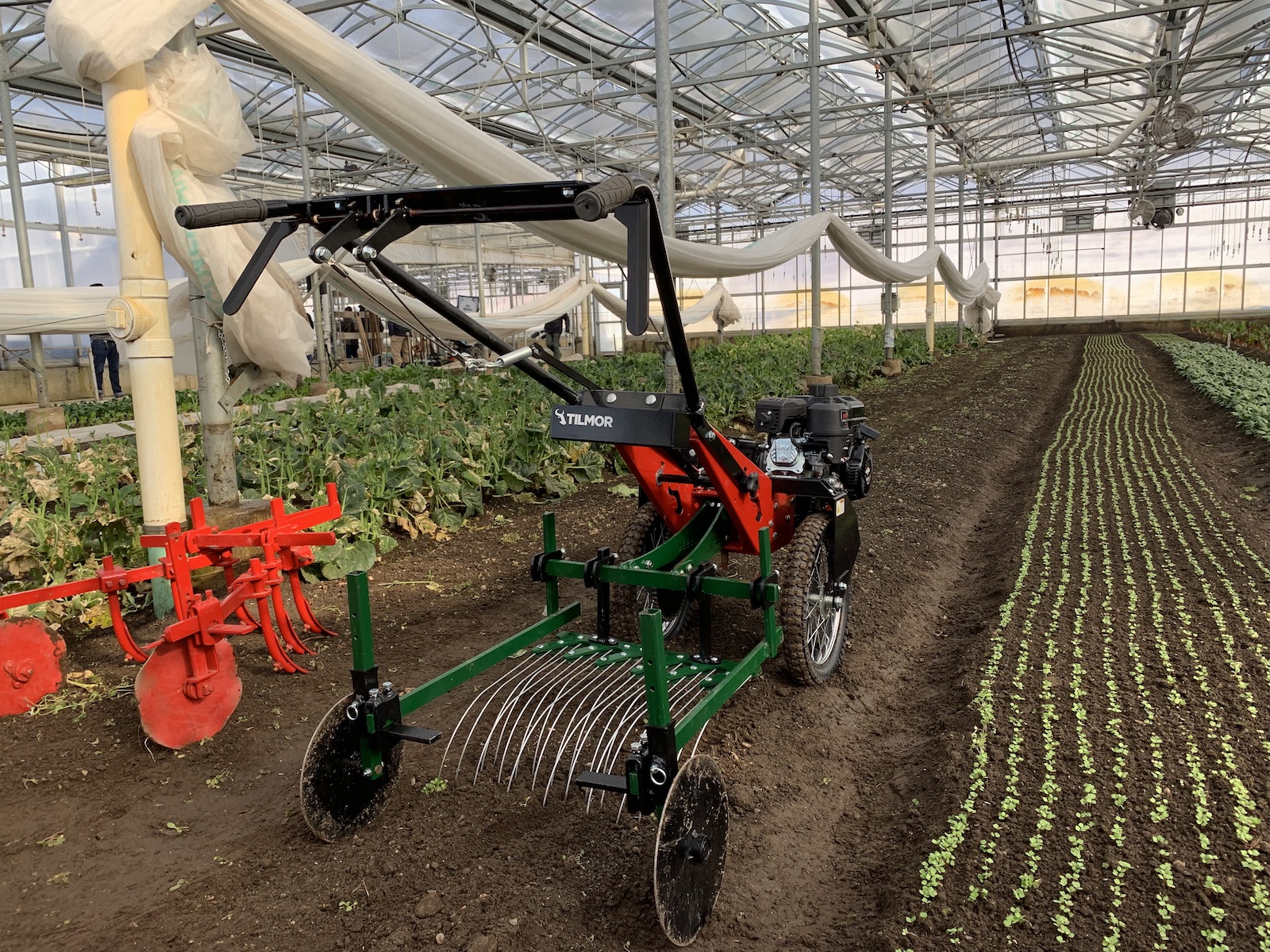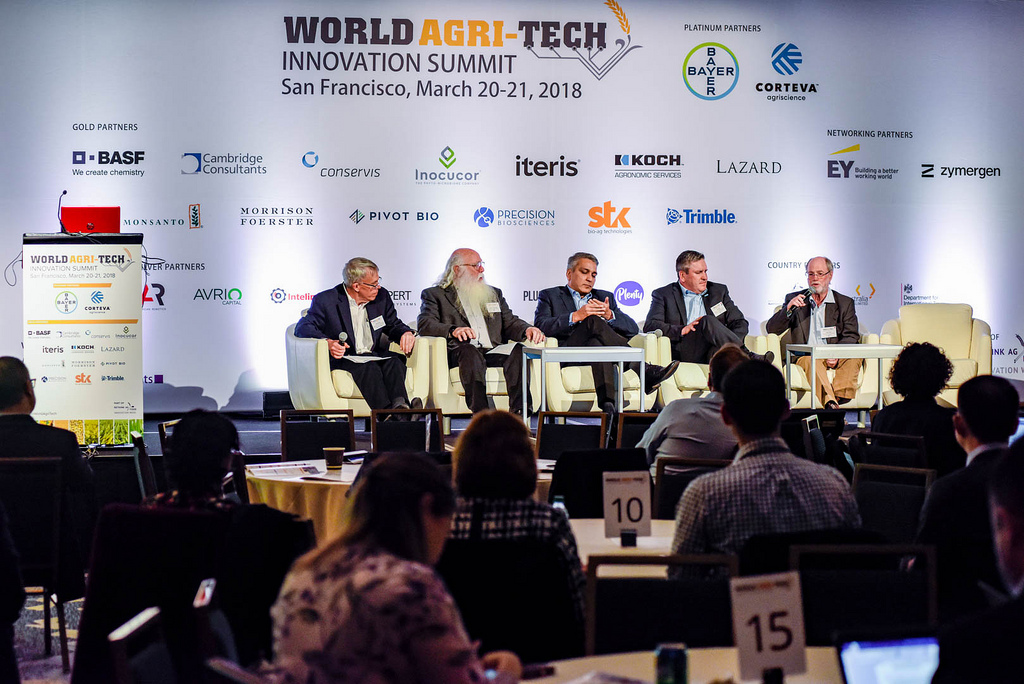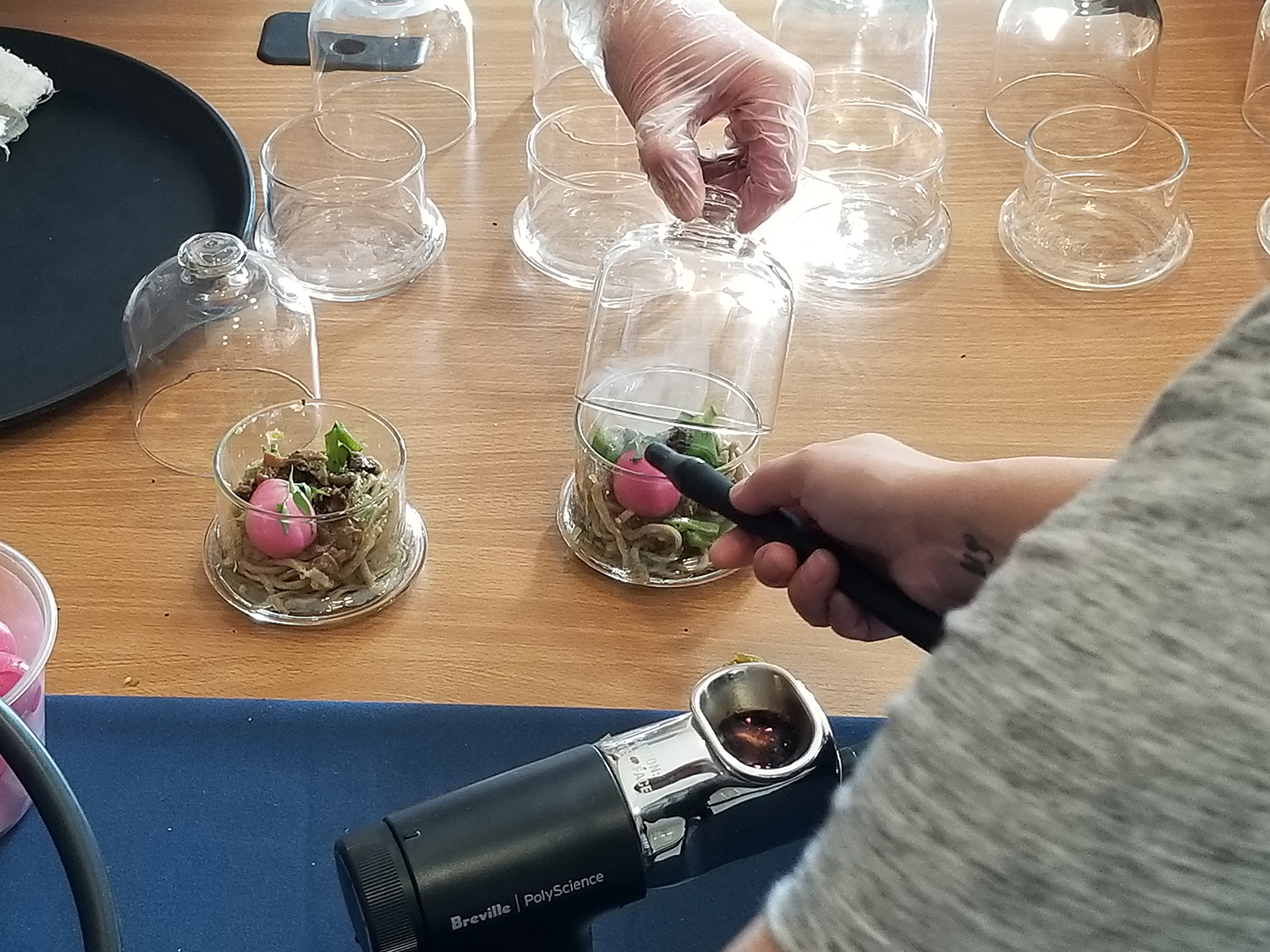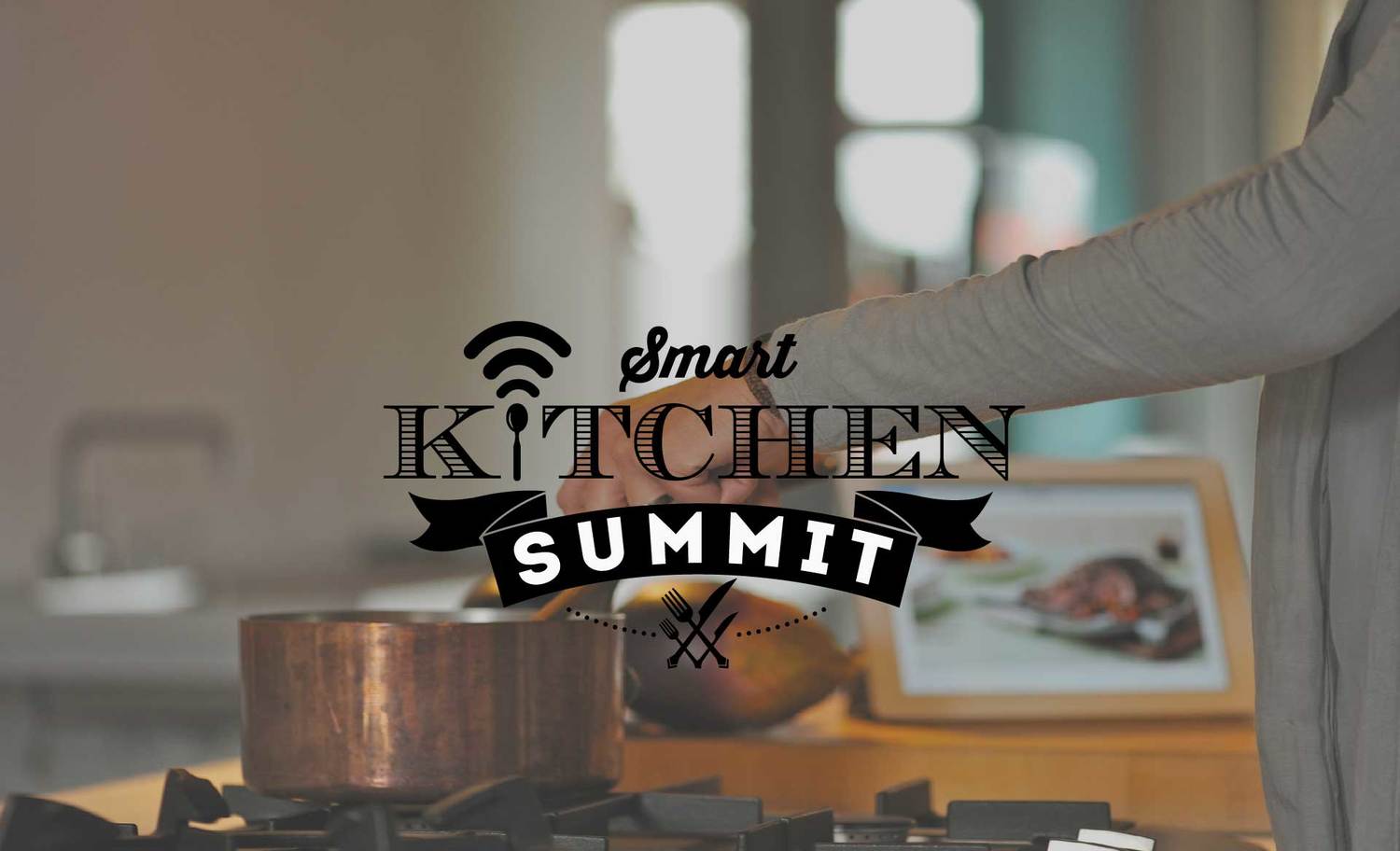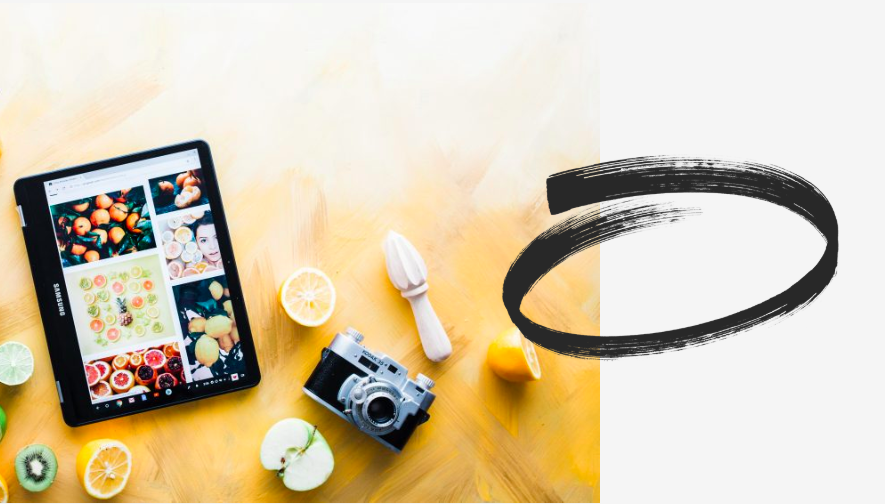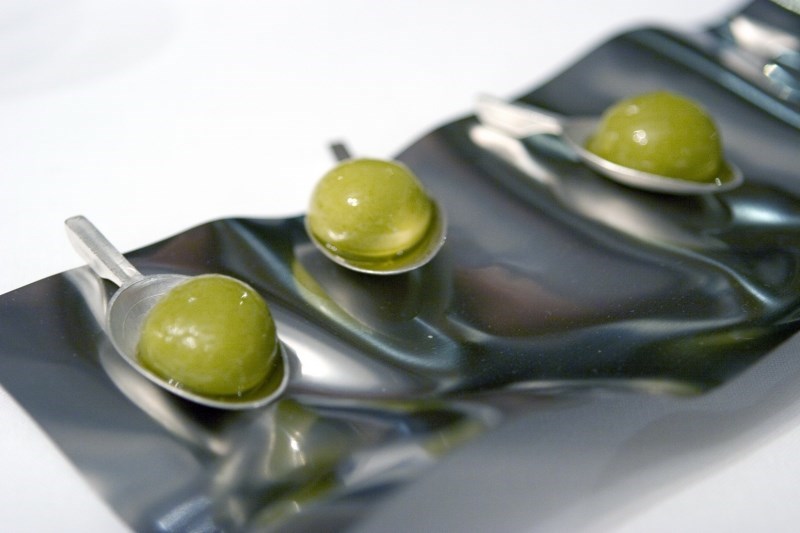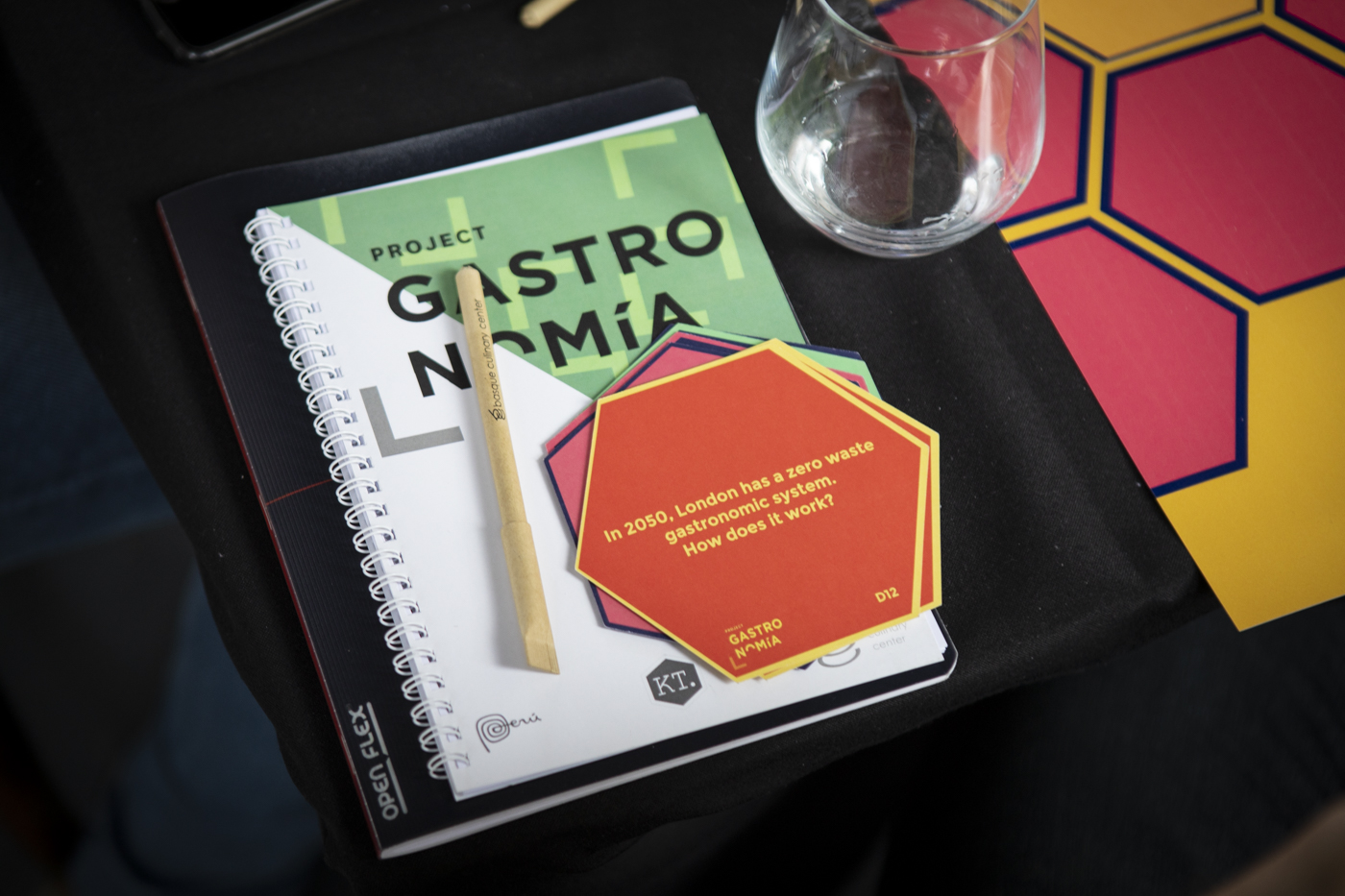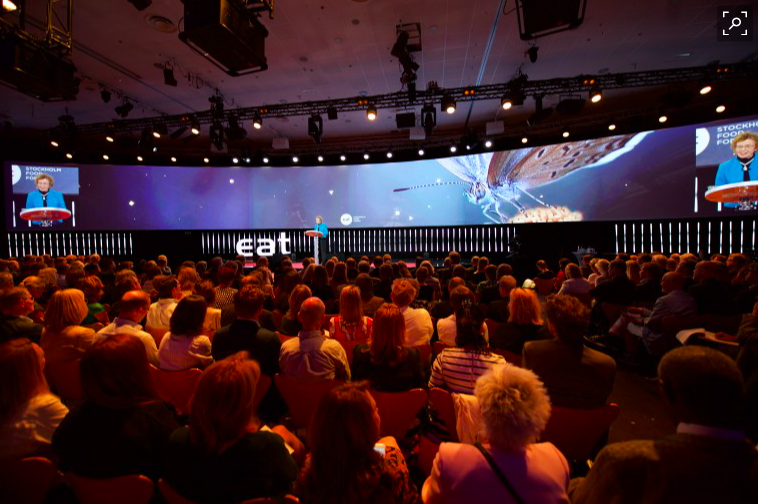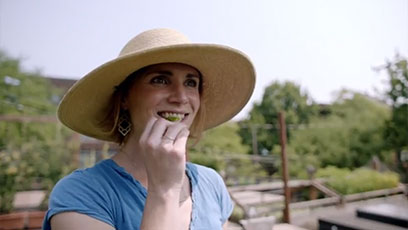Think of your favorite award show and if there was an equivalent of that for the food system, the Thought For Food Challenge Finale, streamed on Friday, October 16, probably would be it!
Every year Thought For Food (TFF) organizes an annual innovation challenge bringing together the next generation of food innovators from around the world to catalyze real change through transparency, collaboration and the organization’s purpose to nurture the community. The winners of the challenge receive a cash prize to fund their idea, with winning projects announced at the annual summit.
 Ten finalists from this year’s Thought for Food challenge represent student projects from around the world.
Ten finalists from this year’s Thought for Food challenge represent student projects from around the world.
Due to COVID, a heightened awareness about the food system gave a new look to the challenges and prompted the TFF team to come up with unique virtual activities. The launch of the Digital Labs platform helped the teams who signed up for the challenge work remotely through access to curated content and guidance and mentorship from leaders in the industry. This year’s online exchange saw 5200 teams from 175 countries submit their pitches for ideas that could change their local food systems.
With everything happening virtually this year, the TFF Summit was held entirely online. Streaming live from Rotterdam with a full fledged film and production crew, the TFF Team took to the stage to curate a virtual award show experience with messages from world leaders like UN Secretary General’s Special Envoy for the Food Systems Summit, Dr Agnes Kalibata. Dr. Kalibata called for brave and courageous leadership and to “take the energies and ideas and get involved!”.
Kyriacos Koupparis, Head of Frontier Innovations at the World Food Program also delivered a message, encouraging the next generation to come together to “build a resilient tomorrow”.
Among those food heroes was a food superhero, AGRIMAN (above), who has made it his mission to make agriculture, agri-cool-ture by creating awareness on biodiversity and food security in fun and approachable ways.
Besides the main TFF Challenge this year TFF partnered with the Food Lab Accelerator at Google (FLAG), reNature Foundation and Beta.Space to offer special prizes in circular economy, agroforestry and space colonization (respectively).
Merijn Dols, Head of Open Innovation at Danone and a TFF partner from the FLAG circular economy challenge, shared about how they were trying to reimagine their products and services to have a regenerative impact—not just on the environment but society.
The collaboration with TFF and FLAG enabled the creation of a series of tools, via the digital labs, that could accelerate the circular economy by defining principles and aligning on taxonomy through feedback and participation from the TFF’s global network.
The winner of this circular economy challenge was Feitosa Food Tech from Brazil that develops and produces nutritious and delicious banana-based consumer products made from surplus bananas and peels, and delivered in reusable glass packaging.
Marco De Boer, co-founder reNature, introduced the TFF x reNature Regenerative Agroforestry Challenge that called upon teams to create solutions that support farmers and cooperatives to transition to sustainable agroforestry systems—starting from nature, instead of developing something new.
The winner was Ana Rosa de Lima from the Meli Amazonian Bees Network that delivers agroforestry-based bee-keeping training supporting small scale farmers, indigenous communities and the Amazonian native bee species.

Elliot Roth’s (founder Spira Inc) foray into virtual space was hilarious and a great intro to the TFF and Beta.Space “Space Colonization Challenge”. Spira was a part of TFF in 2017 and has currently been testing its CRISPR-edited algae technology on a simulated lunar mission.
The winner of this challenge was GrowCab that has built an open-source, low-cost growth cabinet that facilitates “speed breeding” of crop varieties.
All these incredible innovations and this was just the beginning.The next action packed hour transported us to meet the finalist teams in Indonesia, Canada, Brazil, Mexico, Cameroon, the UK, and the Philippines to understand their food ecology and why they were innovating for change.

Banoo from Indonesia uses their solar power microbubble generator to power more oxygen into the water for a more robust aquaculture.

“Sweeten the health of millions”—Xilinat from Mexico is transforming agricultural waste into a sugar substitute that tastes just like sugar.

PFMS from Cameroon personally witnessed the impact of a flawed livestock health system and created a digital platform to help farmers detect if their chickens are sick at an early stage.

Soilless Seed Potatoes! CBA Sementes took us on to their potato farm in Brazil and showed us how they are helping farmers grow better potatoes through aquaponics, machine learning and AI.

Dr Tania is an App designed by Neurafarm in Indonesia is powering crop diagnostics.

Back in Mexico microTERRA’s business model to create sustainable protein from wastewater was disrupted by covid but they bounced back by using Lemna (duckweed) instead. “Different plants, different business, same mission, bigger impact.”

Algonera took us to the streets and markets of Indonesia at 3 am to see the difficulties that street food vendors face. Their product is helping small food businesses save time and money.

From Hive to Shelf, Bumblechain from Canada monitors hives and is tracking bulk honey in the global supply chain.

Having served more than 40,000 nutritious meals, WTH Foods in the Philippines is powering on upcycling food waste into nutritious plant based food.

How is it possible that 820 fish need to be caught to put one piece of salmon on our plates? SyntheSea from the UK is developing a fish free process to produce Omega 3 for sustainable aquaculture.
Each of the 10 teams gave us a glimpse at the food system and what it was really like in their countries, in just under five minutes. While some of the ideas were geographically meant for spaces far away from one another, they all came down to similar problems we are facing in our own backyards. Malnutrition, over-consumption, polluted soils and oceans, inequality and injustice. Wherever you were in the world hearing those stories, you could relate. And wherever you were in the world, hearing those ideas, you could feel that change was possible.
As innovative as those 10 pitches were, this event felt like it was more than just those who were being honored at the final event—It meant that nearly 5200 teams from 175 countries were thinking about these problems in our food system and creating solutions for people and for the planet. They were trying to understand their local food system and make change and encouraging others to do so as well.

Layering that community spirit with some deep and grounding perspective was science slam poet, Peter Bickerton with his powerful recitation of his poem No. New. Normal.
Here’s an excerpt:
As the pandemic accelerates the wide world round,
The inequalities are stark.
As the rich lockdown in luxury extra fast broadband,
Food on demand,
Elsewhere many can’t rely on delivery,
Or a supermarket on every street.
What good is a vaccine when there is f**k all to eat?
Who will be the first to receive it?
And how many though heinous misinformation will refuse it?
There is No. New. Normal.
Just the same old injustices.
New normal means we accept pandemics and starving kids,
New normal means we ignore the fires blazing in the artics,
And biodiversity on the brink.
There can be No. New. Normal.
We won’t settle for this, we will build a better world.
Where Black Lives Matter,
Where every child can enjoy a hearty platter.
Where we can thrive alongside nature.
Such powerful words to leave behind just before the winners were announced. The poem reminds viewers, participants and finalists the purpose of why we need to come together to help each other “re-nature, replenish, to flourish and grow”.
And finally, a full list of the 2020 Thought for Food Challenge winners!
- CBA Sementes won the Team Spirit Award
- SyntheSea won the Grow The Future Prize
- PFMS won the Take it To The Farmer Prize
- CBA Sementes won the Kirchner Prize
- TFF Challenge Runner Up – microTERRA, Mexico
- TFF Challenge Winner – Banoo, Indonesia
